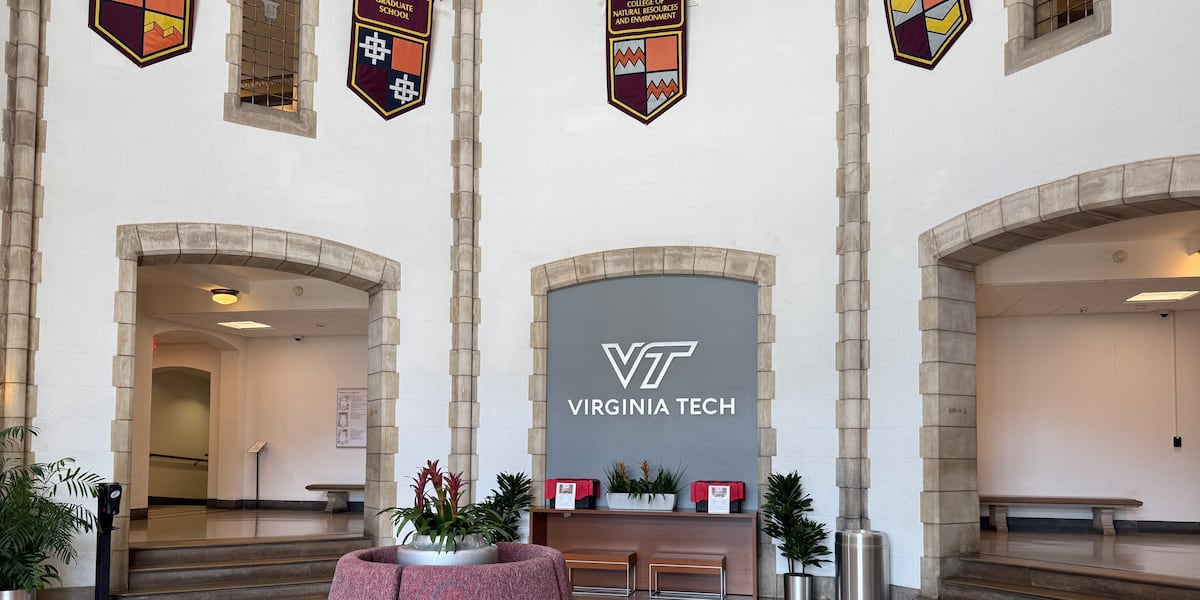Beyond the Buzz: How Westbury, Johannesburg Shows Smart Cities Must Prioritize People, Not Just Tech

The term “smart city” often conjures images of gleaming skyscrapers, automated transportation systems, and a relentless march of technological advancement. But a closer look at the realities on the ground reveals a crucial truth: truly smart cities aren’t built on technology alone. They’re built on people, their needs, and their active participation. The experience of Westbury, a township in Johannesburg, South Africa, offers powerful lessons in this regard.
Westbury, like many communities facing complex challenges – poverty, crime, and limited resources – has become a testing ground for alternative approaches to urban development. Rather than imposing top-down technological solutions, community-led initiatives are demonstrating the power of placing people at the heart of the process. This isn’t about rejecting technology entirely; it’s about ensuring it serves the community, rather than the other way around.
The Pitfalls of Tech-First Approaches
Historically, many “smart city” projects have stumbled by focusing primarily on technological implementation. Expensive sensors, data analytics platforms, and automated systems are deployed without a clear understanding of the community's actual needs or the potential for unintended consequences. Often, these systems are complex, difficult to maintain, and ultimately fail to deliver meaningful improvements in people's lives. Furthermore, they can exacerbate existing inequalities if access to technology and digital literacy remain unevenly distributed.
Westbury’s Model: Community-Driven Solutions
In Westbury, residents are taking matters into their own hands. Recognizing the limitations of relying solely on external interventions, they’ve established community-based organizations and initiatives focused on addressing local challenges. These initiatives aren't about deploying the latest gadgets; they’re about empowering residents to identify their own needs, develop solutions, and take ownership of their community's future.
For example, local groups have leveraged technology – often simple, accessible tools like smartphones and social media – to improve safety, connect residents, and advocate for better services. They've used mapping apps to document crime hotspots and share information with law enforcement. They’ve created online platforms to facilitate communication and coordinate community events. And they’ve used data collected through these channels to advocate for improvements in infrastructure and public services.
Key Principles for People-Centric Smart Cities
The Westbury experience underscores several key principles for building truly smart cities:
- Prioritize Community Engagement: Genuine engagement with residents is essential from the outset. This means actively soliciting their input, incorporating their perspectives into the planning process, and ensuring they have a voice in decision-making.
- Focus on Addressing Real Needs: Technology should be deployed to solve specific, identified problems, not simply for the sake of innovation.
- Promote Digital Inclusion: Ensure that all residents have access to technology and the skills needed to use it effectively.
- Empower Local Ownership: Support community-led initiatives and empower residents to take ownership of their community’s future.
- Embrace Iterative Development: Smart city projects should be flexible and adaptable, allowing for adjustments based on feedback and evolving needs.
Looking Ahead: A Human-Centered Future
The lessons from Westbury are applicable to communities around the world. As we strive to build smarter, more sustainable cities, we must remember that technology is merely a tool. The true foundation of a smart city lies in the people who live there, their resilience, and their ability to shape their own destinies. By prioritizing human needs and empowering communities, we can create urban environments that are not only technologically advanced but also equitable, inclusive, and truly livable.






